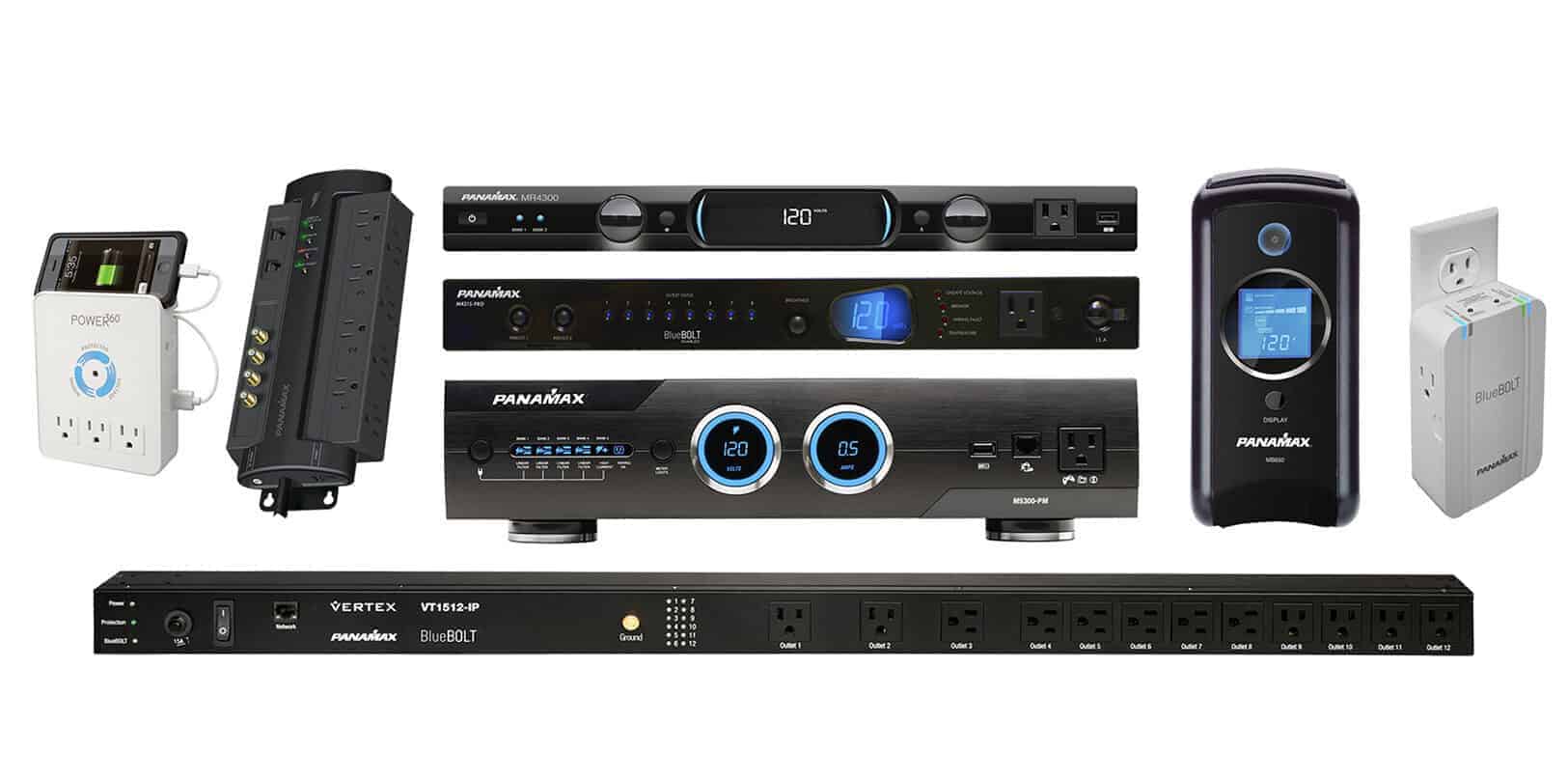
When purchasing a home theatre system, a power manager is frequently overlooked. Today, integrating electronics into the home can be a bit of a pain. However, purchasing a high-quality home theatre system will undoubtedly drain your account.
It is critical to safeguard these high-priced gadgets from electrical surges, as damage to the Home Theatre System could result in additional costs and missed TV shows.
By this point, I’m assuming you have a basic understanding of how a home theatre power manager works, but consider it in a broader context. Home Theatre Power Managers are specially designed devices that filter and regulate power distribution to all connected devices.
This means that a Home Theatre Manager not only protects your Home Theatre System but also filters dirty power supplies, minimizes electrical disturbances, and regulates power distribution to all connected devices.
A Home Theatre Power Manager (alternatively referred to as a Home Theatre Power conditioner) varies according to its quality. This device’s more advanced and expensive models include special features such as intelligent power system power on/off, which automatically shuts down your devices when it detects abnormally high or low voltages that could damage them.
This article will discuss Home Theatre Power Managers, how they work, their features, their functions, and several other critical details you should be aware of regarding this device.
How does Home Theatre Power Conditioner work?
Home Theatre Power Conditioners are available in a variety of sizes and configurations. Though their functionality varies slightly according to their specifications, they all serve the same purpose of protecting your device from damage caused by power interruptions and a dirty power supply.
Dirty Power Supplies are deviations in the quality of your power supply that impair the performance of your audio equipment or cause your Home Theatre System to shut down completely.
When connected between your AV devices and your power supply, a Home Theatre Power Manager typically acts as a buffer. It smooths out alternating current cycles via an elector-magnetic filter system, resulting in a cleaner alternating current output. This regulates power distribution throughout your Home Theatre System, removing any unnecessary voltage that could damage your electronics.
Home Theatre Power Managers Features
The following are some of the Home Theatre power manager’s most notable features.
Protectors Against Surges
Surge protectors safeguard your Home Theatre equipment against electrical spikes. These electrical spikes typically occur during thunderstorms or a power outage.
Surge protectors integrated into Power managers redirect excess energy in your equipment to grounding wires. However, a surge protector has the disadvantage of being unable to disconnect your device from the power supply.
Therefore, if an extremely high voltage (lightning) strikes too powerful for your surge protectors to divert, the surge protector and any devices connected to it may be damaged. Not all Home Threatre Power Managers come equipped with a surge protector. Additionally, a surge protector is a separate device that can be purchased separately.
Extreme voltage shutdown (EVS): An EVS is a built-in mechanical system in certain Home Theatre Power Conditioners that physically disconnects all connected devices when it detects an abnormally high voltage. EVS reacts extremely quickly and protects your devices and power manager from imminent damage caused by sudden AC supply increases.
Noise filtering System
Normal noise mode is a term that refers to low-level AC signals from audio sources that travel alongside the original power signal. This is one of the reasons for your Home Theatre System’s dirty power supply.
This results in Hitch-hiking, as the noise/hum generated by these signals can be heard through your speakers when you turn on lights or other home appliances. Home Theatre Power Manager includes an integrated noise filtering system explicitly designed to address this issue and improve the audio quality for improved performance.
Automatic Voltage Monitoring
With a Home Theatre Power Conditioner, there is no need to monitor the amount of power produced with voltmeters constantly. Instead, the power manager automatically monitors voltage changes and acts as a voltage stabilizer, preventing your device from being damaged by excessive voltage output.
A Home Theatre Power Manager’s Primary Functions
A home theatre serves a variety of purposes and provides numerous benefits. From safeguarding your device against electrical disruptions to enhancing the quality of your device’s power supply, The advantages of Home Theatre Power Manager are multiple.
- It extends the life of your device. Home theatre systems can be pretty expensive, and any damage could result in additional costs.
- It ensures the proper operation of the system and all electrical devices connected to it. It provides a continuous flow of electricity, resulting in minimal or no disruptions.
- It continuously monitors your voltage system, noting any slight change in the power supply.
- It aids in the organization of wires on various electrical supplies connected to it. Connected wires to a Home Theatre Power Manager are always neater and more organized.
- It protects your Home Theatre System from dirty power and noise anomalies.
Do I need a Home Theatre Power Manager?
The decision to use a home theatre power manager is highly dependent on a thorough examination of all risk factors associated with your home theatre system—the greater the risk of damage to your electronic devices, the greater the demand for device protection.
If you live in an area prone to frequent power outages, sudden power surges, fluctuating power supplies, frequent lightning, and a high risk of electrical hazards, a Power Conditioner is not an option; it is a requirement.
To summarise, Home Theatre Power Managers can be highly beneficial, especially if your area experiences frequent power disruptions and outages. Due to the high cost, installing a surge protector in regions with low electricity risk may be an option. However, if you are serious about having the best home theatre setup possible, a home theatre power manager is required.




